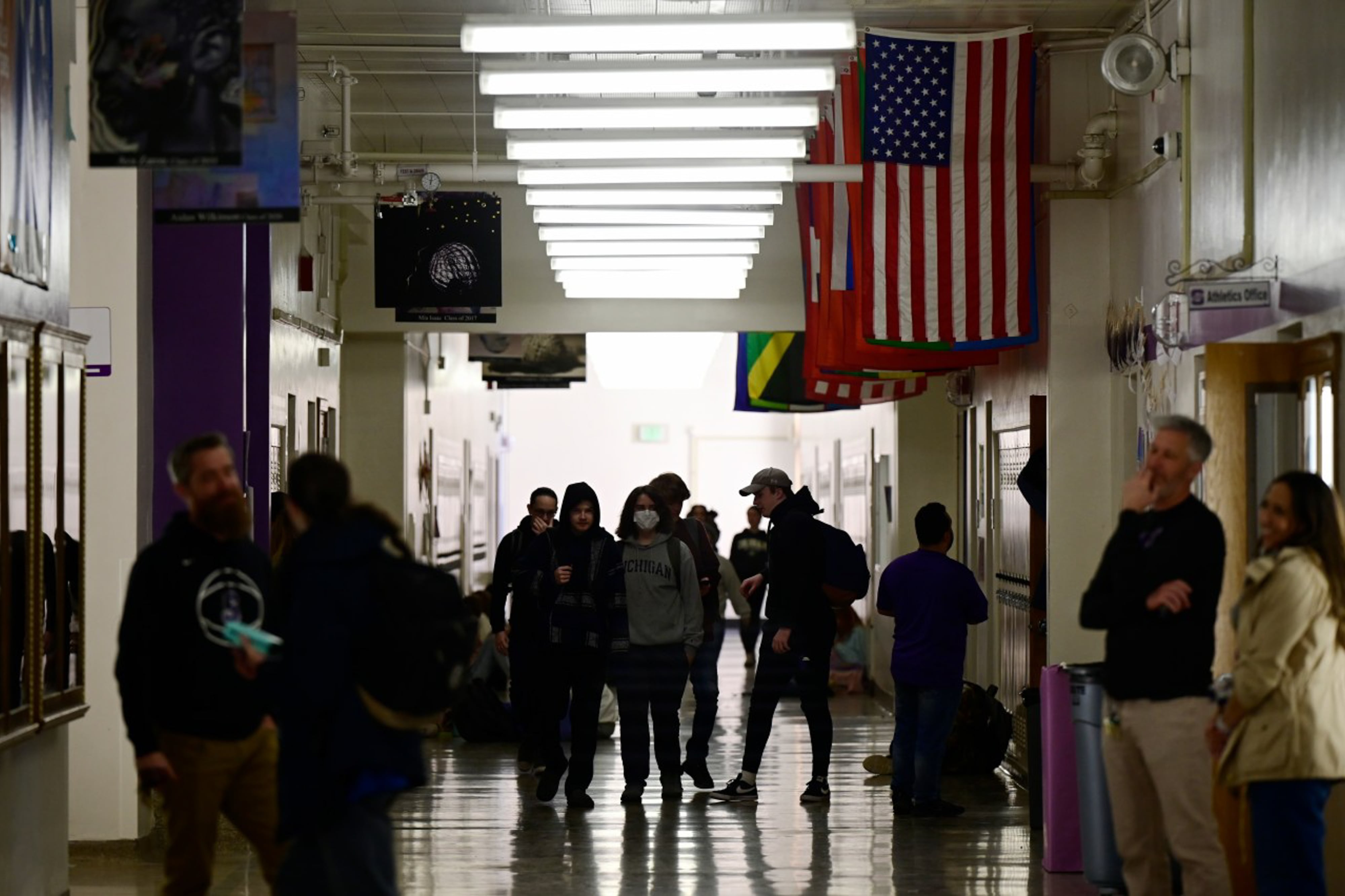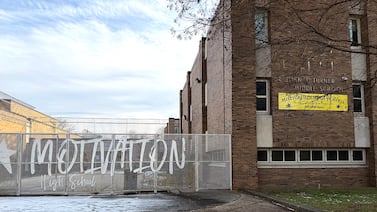When the Denver school board scrapped the district’s complex school rating system for a simpler state scorecard based mostly on test scores, it also told district administrators to figure out what other information the community wants to know about its schools.
That information would eventually be displayed on a public dashboard, according to a resolution the board passed in 2020. Alongside the state ratings, the dashboard would provide a more well-rounded view of Denver’s schools, district officials said. Parents could use the information to push for changes or find a school that feels like a good fit for their child.
Now, more than two years after the resolution, the district is starting to develop the dashboard. It’s seeking parents, students, teachers, principals, and community members to serve on an advisory committee that would recommend what types of information — from school discipline data to interim reading test scores — should be included.
An application to serve on the committee was posted to the district’s website Wednesday. The deadline to apply or to nominate someone else is Jan. 1. The committee is set to start meeting on Feb. 7 and will meet monthly for 16 months until June 2024.
The dashboard would go live in fall 2024, according to a district timeline.
School board members had a mixed reaction to the idea Monday night. Vice President Auon’tai Anderson wondered how a dashboard would help kids learn.
In response, board member Scott Esserman asked Anderson a question: “Would it be important to know as you’re choosing a school for your son, for a student, if there is discipline disparity?”
“It would be good to know, yes,” Anderson said.
“Is there any way to find that out right now?” Esserman asked.
“No,” Anderson said.
But even board members in favor of providing additional information to parents said they were wary of how the information would be used by the district.
“Moving forward with this, we have to ensure it is not used in a punitive way against schools,” board member Michelle Quattlebaum said. “I do believe you can use it as a coaching opportunity, because that’s a positive thing, but never in a punitive way.”
Grant Guyer, the district’s chief of strategy and portfolio services, said the dashboard would not be used for accountability, meaning schools wouldn’t face consequences based on the data — though he admitted that doing so is “easier said than done.”
“Our goal would be to steer clear of using that for any critical decisions in the organization that are close to accountability,” Guyer said.
The discussion echoed the debate that happened when the dashboard idea was first recommended by a community committee in 2020. That committee’s charge was to “reimagine” Denver’s controversial school performance framework, known as the SPF.
Denver launched the SPF in 2008 to serve as a report card for schools. Instead of grading schools from A to F, it graded them on a color scale of blue to red. Several factors — including standardized test scores, academic gaps between different groups of students, high school graduation rates, and parent satisfaction surveys — went into the ratings.
But the factors changed frequently, frustrating educators who felt that a good rating was a moving target. The most controversial aspect of the SPF was how it was used. The district and school board used the ratings to identify low-rated schools for closure. High-rated schools used the ratings to recruit students, sometimes from nearby low-rated schools.
Dissatisfaction with the SPF reached a fever pitch in 2019. The district formed a committee of 30 parents, teachers, principals, and community members to recommend changes. In 2020, the committee recommended switching to the simpler state SPF for accountability and adding a dashboard to give families more information about how a school looks and feels.
Committee members hypothesized that the dashboard could include data such as how many students were suspended at a particular school, how many students took college-level courses, average class sizes, and whether the school buses ran on time.
When it was time for the school board to consider the dashboard, some members balked. Scott Baldermann worried how parents could “weaponize” the data to pit schools against each other.
Ultimately, the board approved what one member called a “watered-down” version. Instead of ordering the immediate creation of a dashboard, the board ordered the district to “identify public information families want to know about their schools and that schools want families to know.”
That’s what this new committee would do, Guyer told the school board Monday night. Committee members would also give feedback on initial versions of the dashboard, and a subset of the committee would solicit input from the broader community.
“Building out a dashboard that provides a more rounded picture of schools,” Guyer said, “that is what the committee is going to focus on.”
Melanie Asmar is a senior reporter for Chalkbeat Colorado, covering Denver Public Schools. Contact Melanie at masmar@chalkbeat.org.







